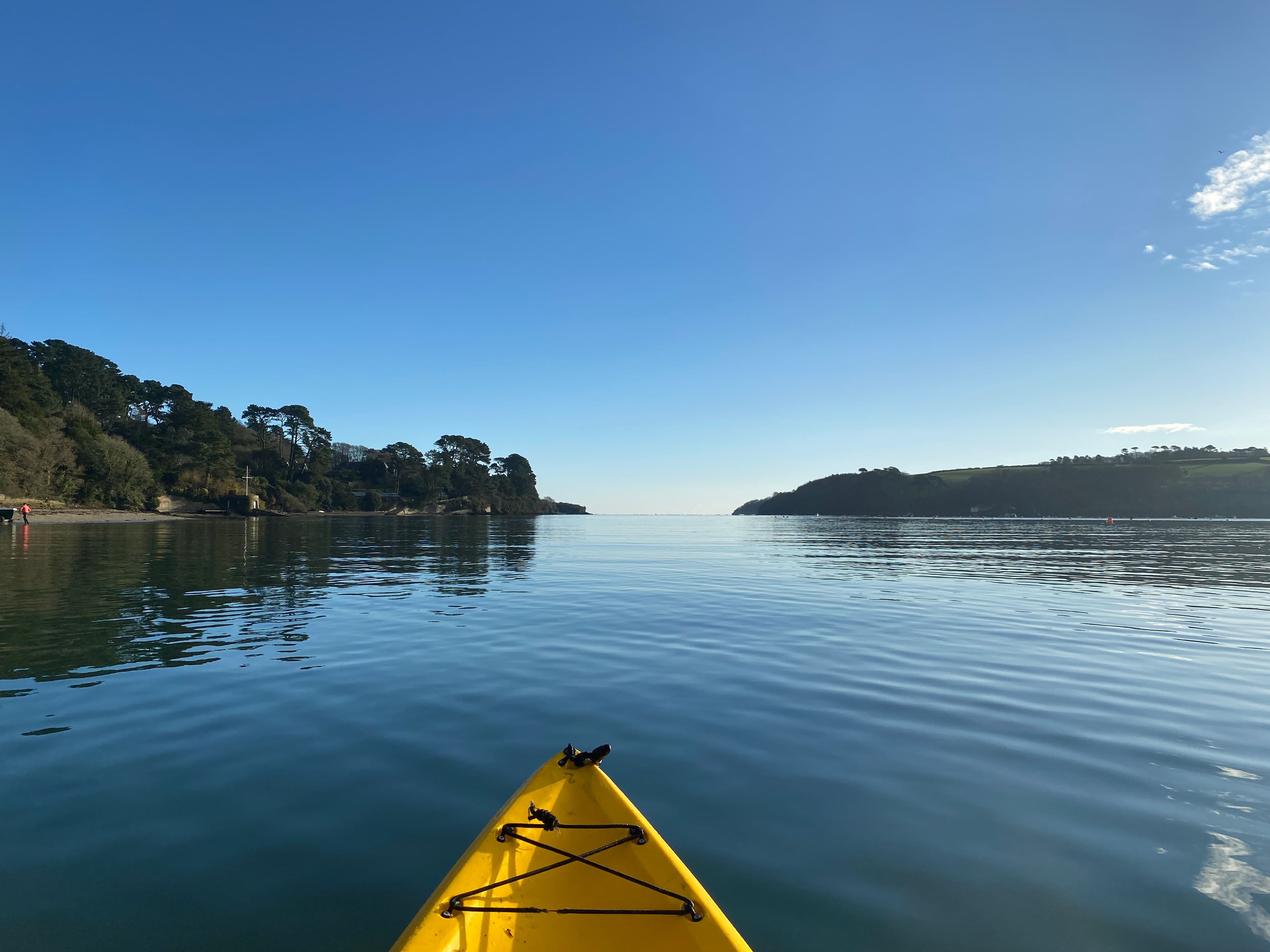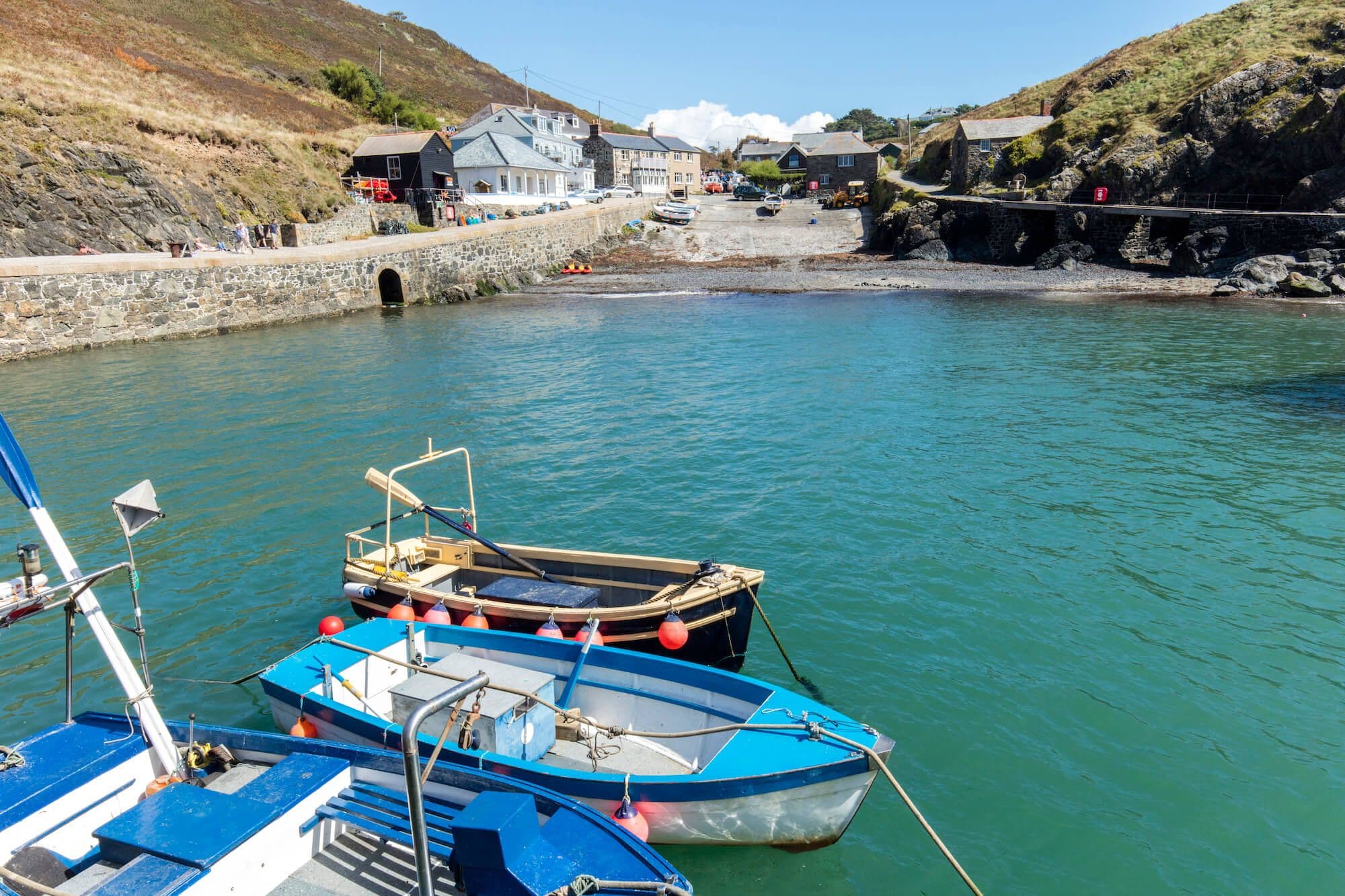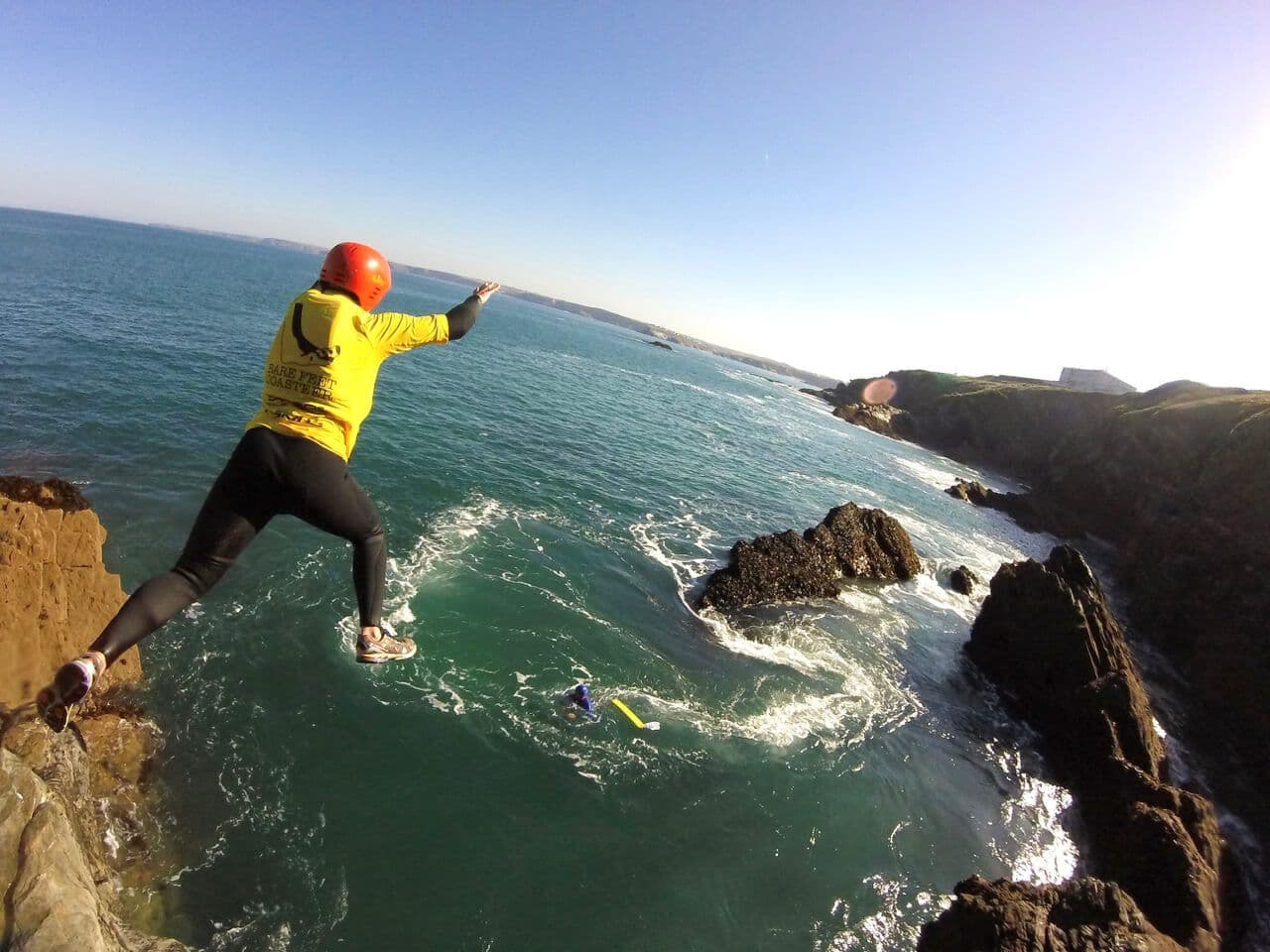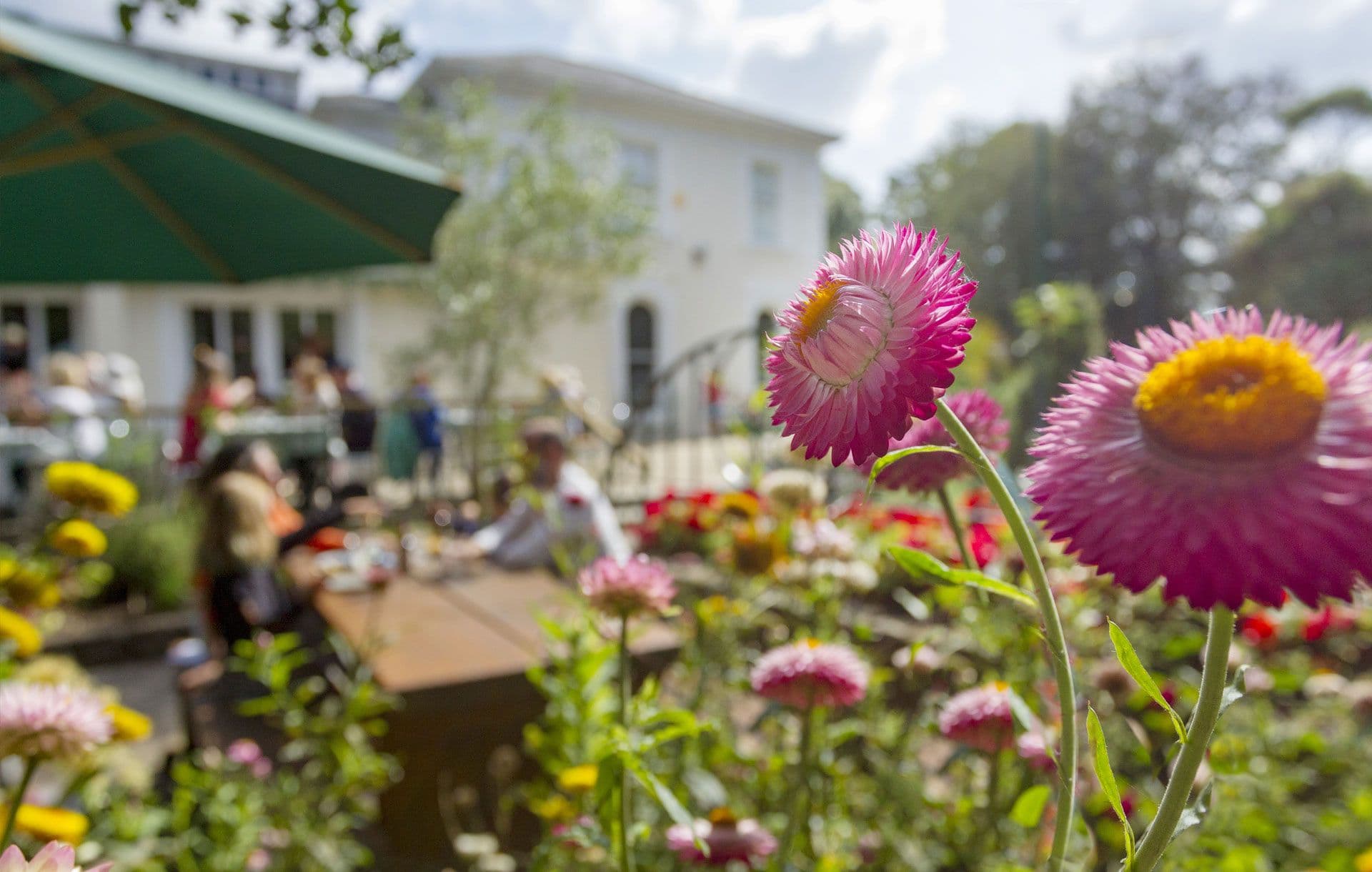Kayaking in Cornwall
One of the best ways of getting really close to nature and away from the crowds is to explore the coast, creeks and rivers of Cornwall in a canoe or kayak. The quiet rivers offer wonderful wild corridors through the often hidden landscape, whilst sea kayaking offers a unique chance to discover secret coves and sea caves.
The Helford Estuary: Bosahan Cove & Frenchman’s Creek
Amongst the many hidden coves on the Helford Estuary, Bosahan Cove on the south side is a favourite. Backed by pretty woods, this secluded cove with it's shingle beach and boathouse is an easy destination on a kayak, being just a mile east of Helford Village where there is parking and space to enter the water. Or head a mile upstream and explore the remote Frenchman’s Creek, made famous by Daphne du Maurier in her book of the same name. It's no longer the hide out of pirates, but you might spot a heron lurking in the silence? Koru Kayaking offer guided trips in the area for those who don't have their own kayaks.
The River Fal: Fal-Ruan Nature Reserve
Upstream from the King Harry Ferry, the Fal River leaves the main channel and heads east into a wide woodland fringed creek that makes up the Fal-Ruan Estuary Nature Reserve, an oasis of tranquillity and birdsong. Kayakers can enter the water at Roundwood Quay on Cowlands Creek and go with the tide as it rises over the mudflats passing the Tregothnan Estate's woodland up to Sett Bridge below Ruan Lanihorne.
The River Fowey: Up to Lerryn
The town of Fowey is famous for its links with Daphne Du Maurier, but it's another writer who inspires this paddle which weaves its way through secluded and wooded creeks that are believed to have given Kenneth Grahame the idea for the Wild Wood when he was writing The Wind in the Willows. At Caffa Mill, where the car ferry crosses the river there's a slipway and from here you head upstream ignoring Pont Creek on the right and passing Golant on the left. When the river divides, head right and follow the channel until you come to the pretty village of Lerryn which has a pub and shop that sells refreshments. Like the Fal route above, this is best done on an incoming tide.
The River Tamar: Cotehele Quay
Launch from the historic quay at Cotehele and explore upstream with the tide as far as the weir at Gunnislake. As well as being a beautiful stretch of river, this is also a route steeped in industrial history. From the kilns used to produce lime for the neighbouring fields to the ruins of the engine houses that once powered the tin and copper mines, this now quiet border between Cornwall and Devon was once a hive of industry. Leaving Cotehele you pass beneath the Calstock viaduct, carrying the railway up from Plymouth. Around the great sweeping bends you eventually come to Morwhellam, a former copper port on the Devon side of the river. Watch out for deer, kingfishers and peregrine falcons in the woods beneath the crags of Morwell Rocks before you reach the weir and have to turn round. Aim to leave Cotehele Quay 2–3 hours before high tide, ideally on a spring tide. The whole return trip can take 3–6 hours.
Bude Canal & Tamar Lakes
The Bude Canal is perfect for those wanting to experience canoeing or kayaking in a safe enviroment. Not to be confused with the large industrial waterways of central England, this shallow stretch of water provides a five mile route, rich in history and wildlife. A little further inland, Tamar Lakes are also suitable for beginners and hire kayaks as well as providing lessons.
The Cornish Coast & Safety
Whilst Cornwall's rivers and estuarys offer plenty of choices for getting out on the water, some of you would possibly prefer to be out at sea. We haven't listed any particular coastal destinations here as we believe people should seek expert advice before taking to the water. Be aware of tides and weather conditions, whilst it may seem sheltered on a beach, the wind might pick up as soon as you go around a headland, or the currents might drag you further away than you planned. Always wear lifejackets and tell someone where you are planning to go.
Access
Everyone has the right to canoe on tidal waters, but you need to be aware of tides and any local restrictions. If you plan to canoe on non-tidal, inland waters, check out access arrangements and always be respectful to fishermen. There are many places where canoes, kayaks and lifejackets can be rented by the hour or day, especially reccomended if you’re a beginner.
For more information and beach safety tips go to Cornwall Council's website guide .
- St Agnes / The Helford
Stay connected
Find us on socials and stay connected with the Cornwall you love.




